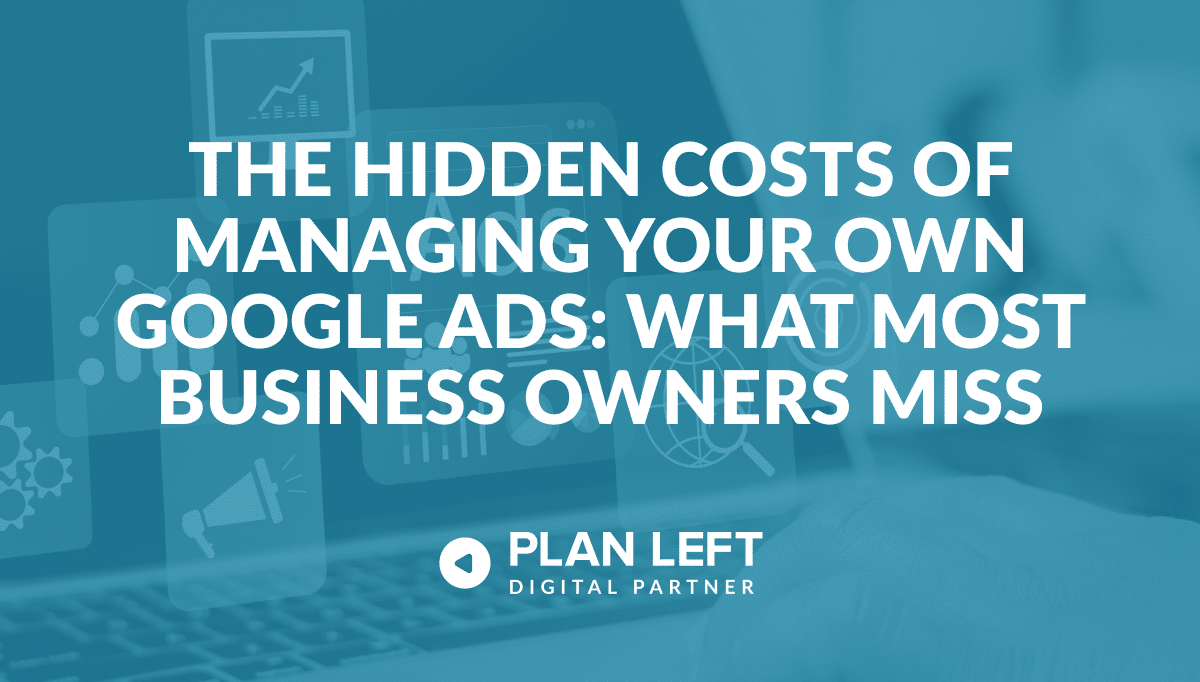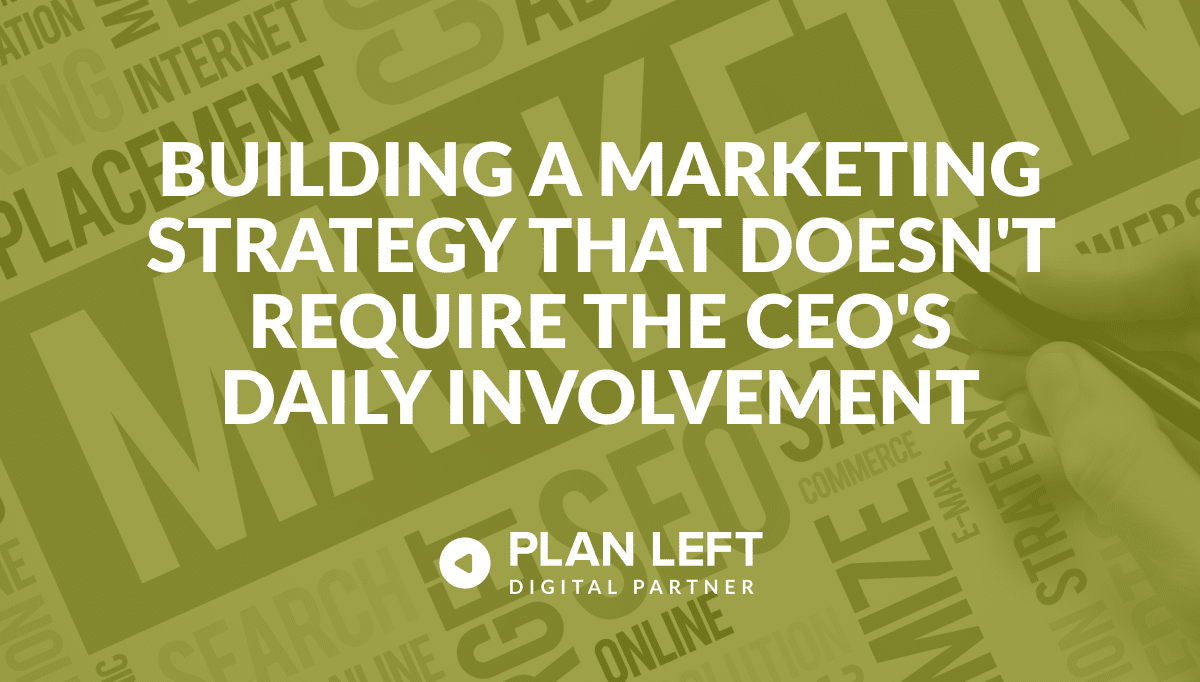
It’s a new week of hot topics and industry changes. AI continues to be the key conversation, but the exchange is leading away from what AI is doing for the world and leans into AI ethics and image copyright, with executive orders and governing bodies stepping in and asking, “Who owns this?” Google isn’t left out of the conversation with Google My Business profiles now sharing data with Google Merchant Next (took long enough), and GMB now offers ‘small business’ labels.
Google Connects Merchant Next with GMB Profiles… Finally
The connection that always should have been. Google Merchant Center Next integrates with GMB (Google My Business) profiles, allowing data sharing between the two platforms. For Merchant Center, this means sharing account details and product information for Google Search and Maps. On the other hand, Google Business Profile will share store-specific data.
Businesses need to understand the distinction and potential overlap between these platforms to optimize their online presence. Staying ahead of your competitors means adapting to new integrations and understanding their implications.
More insights on the updates’ impact:
- Streamlined Data Sharing: Product details and account information flow smoothly between Merchant Center and Google My Business, promoting consistency across Google services.
- Elevated Online Visibility: Your products become more visible on Google Search and Maps, directly connecting with potential customers.
- Local Search Refinement: Store-specific data from your Google Business Profile enriches the shopping experience, offering a local touch to online searches.
- Simplified Information Management: Update business information in one place and watch it propagate across multiple Google platforms, streamlining your digital management.
- Enhanced Customer Journey: Consistent data from your business profile to product listings can provide a more cohesive and informative shopping experience.
It is worth highlighting that this update is more than a technical adjustment. The integration is a pivotal move for businesses looking to refine their presence on Google. With products and local details in harmony, every Google search becomes an opportunity for your business.
A Fresh Take in Google Reviews
Google’s new Reviews Update in November is the dawn of a fresh era for their Reviews System, not to be confused with Google’s Ranking System. Now, before you begin thinking this is just one more tweak that’ll get lost in the many other SEO processes, note that this one is worth your attention, especially if you’re in the business of giving your two cents on products or services.
First, the Reviews System is Google’s way of sifting through the ocean of content to fish out genuine, helpful recommendations from the sea of fluff. It’s like having a sophisticated sieve looking for the gold nuggets of quality content. And if your site shares reviews, Google’s going to be combing through your entire site, not just a page here and there.
Here’s where it gets interesting: Google’s shifting gears to a more dynamic, rolling update system. This means no more waiting for the next big update to see if your site’s changes have made the cut. Updates will be an ongoing process, with Google tweaking and improving the system regularly.
Now, why should you be alert and at the ready with this update specifically? Because this is about recovery time. In the past, if your site took a hit from an update, you could be left in the lurch for months, waiting for the next update to climb back up the ranks. With this new rolling system, the path to recovery could be much quicker. You make improvements, and you won’t have to wait long to see the results.
Think of it as though Google’s Reviews System is getting a turbo boost. It’s becoming more agile, more responsive. And that’s a good thing for anyone who’s serious about staying on top of your SEO game. The effort you put into polishing your content for quality and helpfulness could pay off faster than ever. If you haven’t taken Google and its stance on content seriously yet, now is the time to reconsider.
Spotlight Local Business
Google’s latest feature is a power move for small businesses. The changes are like a digital megaphone for local gems that make our neighborhoods special. Imagine a badge popping up on Google Search and Maps, signaling to customers, “This is the place for local charm and quality.”
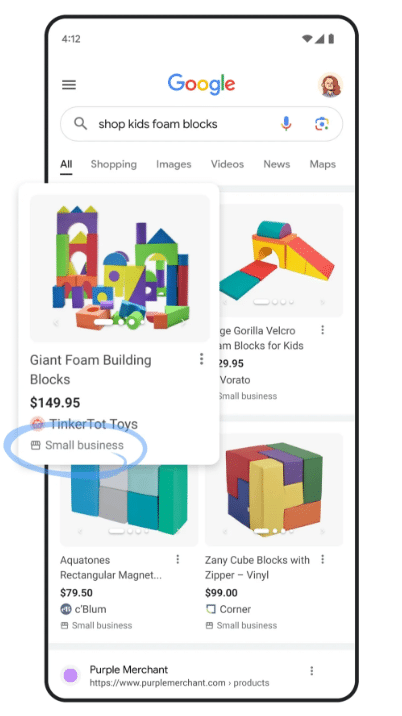
- Local Love Badge: A new badge on Google Search and Maps highlights your business as a local favorite, drawing in customers who value community and uniqueness.
- AI-Powered Product Studio: For those using Merchant Center Next or Shopify, this tool will make your products shine with high-quality images—no professional photoshoot needed.
- Enhanced Transparency: At a glance, customers now see what you’re all about—special offers, shipping details, and authentic reviews are front and center.
- Holiday Readiness: With the festive season around the corner, these features are your secret weapon to stand out during the busiest shopping time of the year.
The small business update is a new opportunity for small businesses to amplify their presence and charm online. With Google’s latest features, every search is an opportunity to showcase your business’s personality and offerings:
- Showcase Your Products: The AI Product Studio helps make sure your items are as appealing online as they are in person, tempting your customers to click and buy.
- Build Trust Instantly: The badge and transparent details build immediate trust with potential customers, showing that you’re verified and valued.
- Turn Searches Into Sales: With these new features, your business isn’t just being seen—it’s being discovered by shoppers ready to buy.
Now’s the time to get your Google Business Profile and Merchant Center in tip-top shape and let these new enhancements work their magic.
Biden’s Executive Order on AI Shaping Ethical Marketing
President Biden’s executive order on AI is stirring the pot in the marketing world by setting the stage for stricter guidelines and ethical standards for AI development and usage. This move could lead to significant changes in how marketing tools that rely on AI are created, deployed, and governed:
- AI Governance: The order calls for a framework to govern AI development and usage, keeping AI aligned with democratic values and civil liberties.
- Data Privacy Emphasis: Expect a sharper focus on protecting consumer data, which could reshape how marketing tools collect and use information.
- Innovation Boost: This move could spur innovation, pushing for AI tools that are not only smart but also ethical and transparent.
For those at the helm of businesses or managing SEO and marketing strategies, this executive order might seem like a distant policy move, but its ripples could reach your day-to-day operations.
Here’s what you need to know:
- Review Your Tools: Audit your marketing tools to ensure they comply with upcoming regulations, especially those handling data and AI.
- Stay Informed: Keep an eye on how this executive order translates into specific laws or guidelines that could impact your marketing practices.
- Prepare for Change: Start thinking about how to pivot if your current tools or strategies need to adapt to new AI governance standards.
President Biden’s AI executive order is a signpost for where technology and marketing are headed, creating a landscape where innovation thrives, but not at the expense of fundamental rights and values. For businesses, it’s a call to align with these principles, making sure that as AI becomes more entwined with marketing, it does so responsibly.
.ing Domains: SEO’s New Playfield
Google’s rollout of .ing TLDs is a strategic play for SEO and branding teams. This fresh TLD is a nifty (yeah, I said what I said) tool to dial up brand identity and engage users. For those steering the SEO ship, here’s why .ing could be your new best friend:
- Catchy Calls-to-Action: Imagine URLs that aren’t just names but invitations to action. “Cook.ing” or “Design.ing” can turn heads and stick in minds, giving your brand that sticky factor.
- Click Magnet: TLDs typically don’t sway rankings, but .ing domains are click baits in search results, potentially spiking user engagement and, by extension, SEO.
- Keyword Gold: Got “ing” in your brand name? A .ing domain doubles down on your brand’s keywords, possibly boosting recognition and recall.
- First Mover’s Advantage: Jump on the .ing bandwagon early, and you could snag URLs that are short, snappy, and less likely to be forgotten—think “Invest.ing” for a financial blog.
- Rebranding Spark: If your brand’s hitting refresh or kicking off a new campaign, a .ing domain can signal action and movement, perfectly syncing with a narrative of progress.
In the SEO and digital branding arena, .ing domains offer a canvas for creativity and distinction, making every character in your URL count and every visit to your site a step toward engagement. However, while getting creative, remember that your URLs still need to contain searchable terms. For example, you wouldn’t want to use ‘bik.ing’ but would want to use ‘two-wheel.ing’ since ‘bik’ isn’t the search term or related term you want.
Google has come out and said that URLs are a very small ranking factor, but they are a ranking factor, especially before page indexing. It is always important to follow URL best practices, but that doesn’t mean you need to let your creative URL ‘build.ing’ stop or be limited.
Generative AI and Copyright Concerns
The ability of AI to produce content that mirrors human creativity has opened a Pandora’s box of legal and ethical questions, and those conversations around generative AI and copyright are just heating up. The future of content creation is morphing before our eyes, and with it, the rules of the game are bound to evolve.
Here’s the scoop on how AI is reshaping the creative landscape for publishers and content creators:
Ownership Quandaries: Who holds the rights to content that AI creates? Is it the developer of the AI, the user who prompted the creation, or the AI itself? This is the million-dollar question sending ripples through the legal framework, challenging traditional notions of authorship.
- Fair Use Fuzziness: Generative AI often uses existing works to learn and create. This raises the question: when does AI’s ‘learning’ cross into infringement territory? The boundaries of fair use are getting fuzzier, and the courts are yet to lay down clear markers.
- Publisher’s Predicament: For news publishers, AI could be a double-edged sword. While it promises efficiency and innovation, it also risks diluting the value of original content. The ease with which AI tools can replicate and alter content could undermine genuine journalism.
- Creative Conundrum: Content creators may find themselves competing with AI that can churn out work at lightning speed. The digital space could become saturated with AI-generated content, making it harder for human-created works to get the spotlight they deserve.
- Regulatory Response: Governments and regulatory bodies are beginning to take note. As AI evolves, so must the laws that govern intellectual property. The challenge will be to craft regulations that protect creators’ rights without stifling the innovation that AI brings to the table.
Watercooler Highlights
As we wrap up today’s Coffee & SEO Chat, let’s not miss the latest chatter heating up the tech and SEO feeds. Grab your cup, and let’s dive into the conversations that have everyone talking:
AWS Tightens Security with MFA Default
Amazon Web Services is stepping up its security game, mandating Multi-Factor Authentication (MFA) for its root users. This proactive move aims to add an extra layer of defense against cyber threats, signaling a shift towards more stringent security practices in the cloud.
Google Maps Emphasizes Visual Search
Google Maps’ latest update highlights photos, making them a key player in search results. For businesses, this means the visual appeal of their listings just got a lot more important—it’s time to focus on those snapshots that make their location stand out.
Google Search Faces Antitrust Scrutiny
The antitrust spotlight on Google Search intensifies as recent trial hearings progress, potentially setting the stage for transformative changes in the search industry. As the hearings continue, the SEO and business communities are on alert for any emerging shifts. The antitrust trial against Google Search is a potential inflection point for the digital economy, with the power to redefine what fair competition looks like in the search ecosystem.
Here’s what’s unfolding and why it matters:
- Current Focus: The trial examines Google’s dominance in the search market and whether its practices stifle competition. The critical issue is whether Google has been unfairly prioritizing its own services and products in search results to the detriment of rivals.
- Recent Proceedings: In the latest hearings, arguments have centered on the intricacies of Google’s algorithms and partnerships with other tech giants. The scrutiny is on how these factors may contribute to an unlevel playing field.
- Potential Outcomes: Depending on the trial’s outcome, Google may face mandates to alter its search practices. This could lead to a more open competitive landscape, with implications for how SEO strategies are developed and implemented.
- SEO Community Watch: SEO professionals and business owners are watching the proceedings closely. Any mandated changes could require a swift pivot in SEO tactics and an understanding of new search dynamics.
- Broader Impact: The trial’s verdict could also influence global regulatory approaches to digital marketplaces, setting precedents for how tech companies operate and compete.
G7 Nations Draft AI Code of Conduct
The G7 is drafting a code of conduct that could guide the ethical use of artificial intelligence (AI). This initiative reflects a growing awareness of AI’s impact and the need for a framework promoting responsible innovation.
These snippets are just a taste of the discussions happening around us. With Plan Left’s Coffee & SEO Chat, we’re here to help you navigate these waves of change. Ready to refine your SEO and tech strategies? Let’s connect and chart a path forward in this ever-evolving digital terrain.
Explore Latest Posts
The Hidden Costs of Managing Your Own Google Ads: What Most Business Owners Miss Google Ads seems straightforward enough: pick ... read more
February 11, 2026
Building a Marketing Strategy That Doesn't Require the CEO's Daily Involvement You built your business through hustle, and marketing was ... read more
February 4, 2026
How to Evaluate a Marketing Agency When You've Been Burned Before Getting burned by a marketing agency leaves more than ... read more
January 28, 2026
Essential Strategies for Entrepreneurs
Get Actionable Business Insights & Marketing Tips
Our newsletter delivers real-world strategies from entrepreneurs who’ve been exactly where you are.
Sign up now for:
- Actionable growth strategies that work
- Insider tactics for attracting top talent
- Real-world case studies from successful founders
- Emerging tech trends that drive innovation
- Pragmatic marketing approaches for visionary leaders
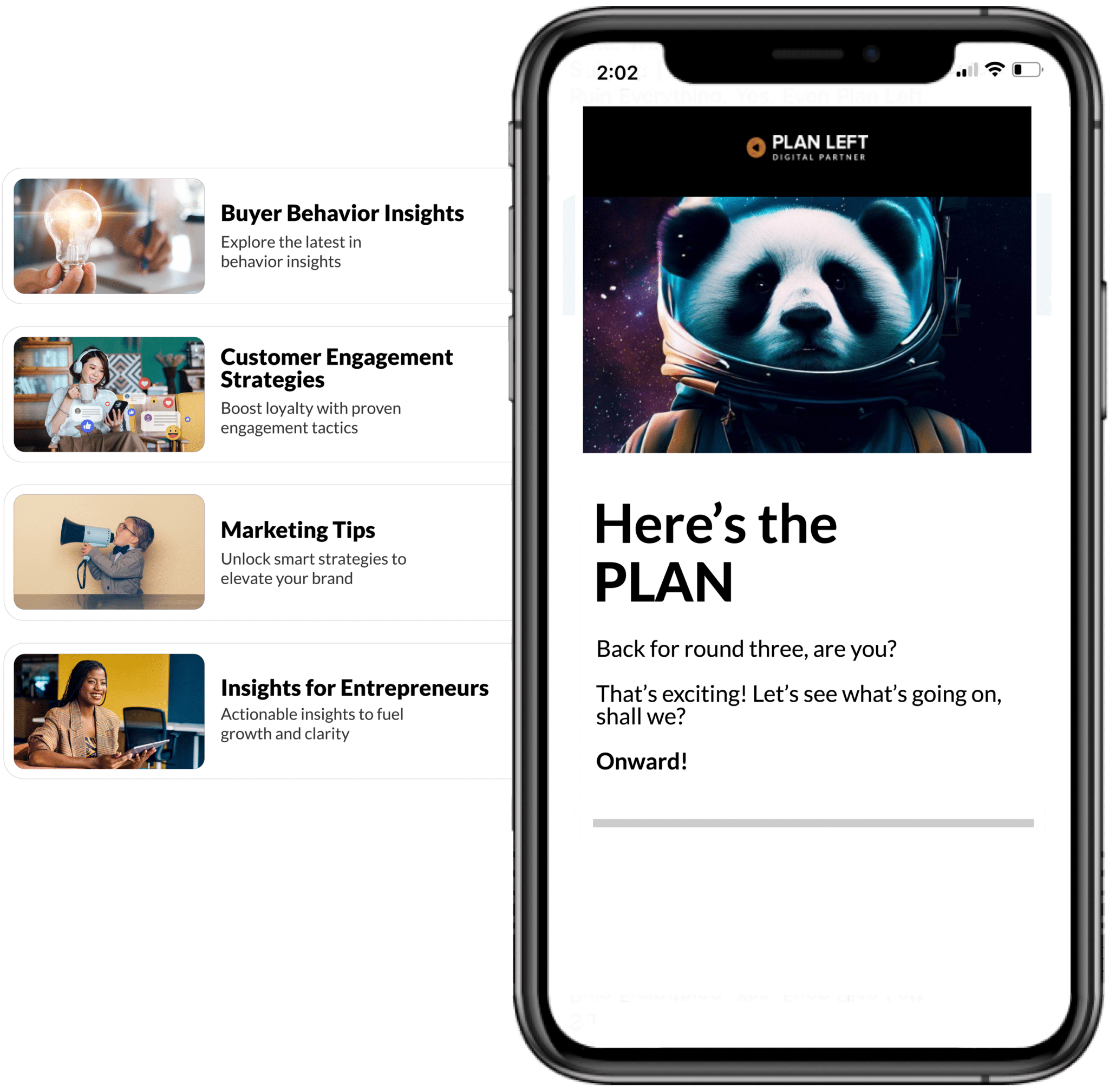
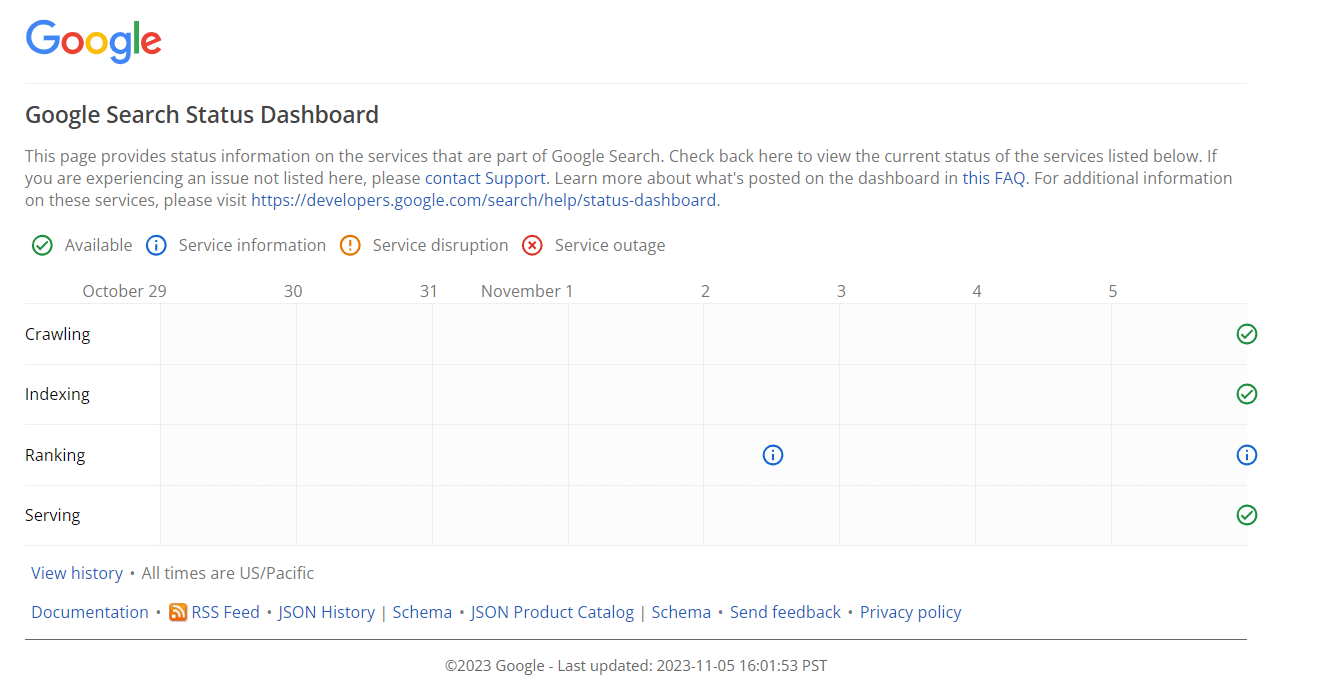
 Ownership Quandaries: Who holds the
Ownership Quandaries: Who holds the 